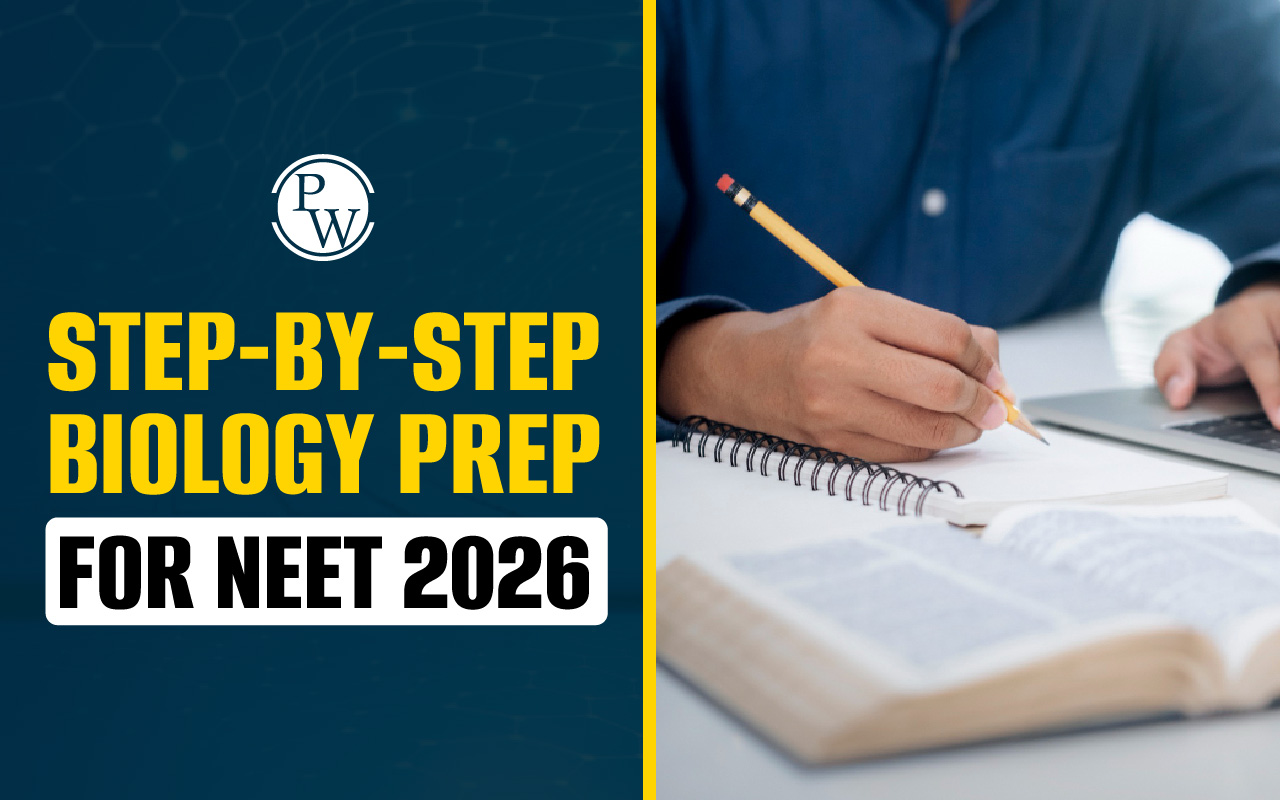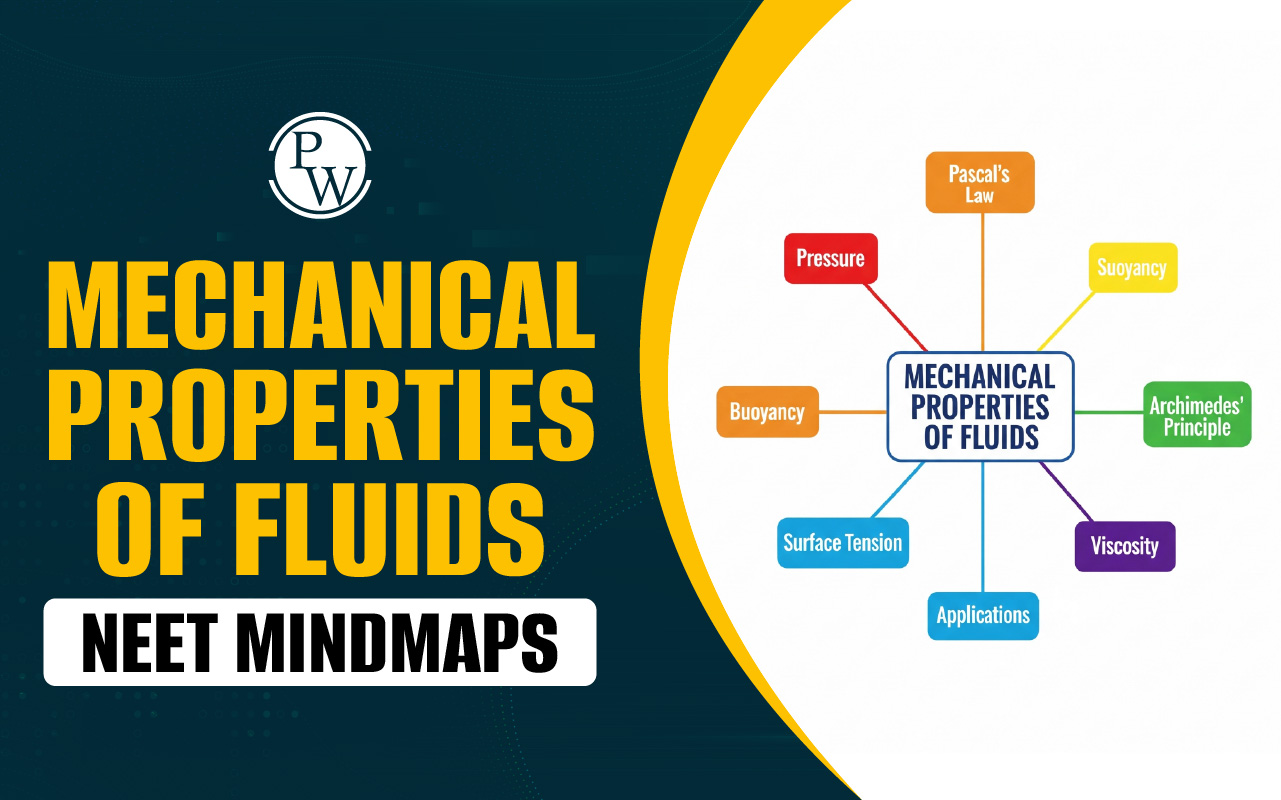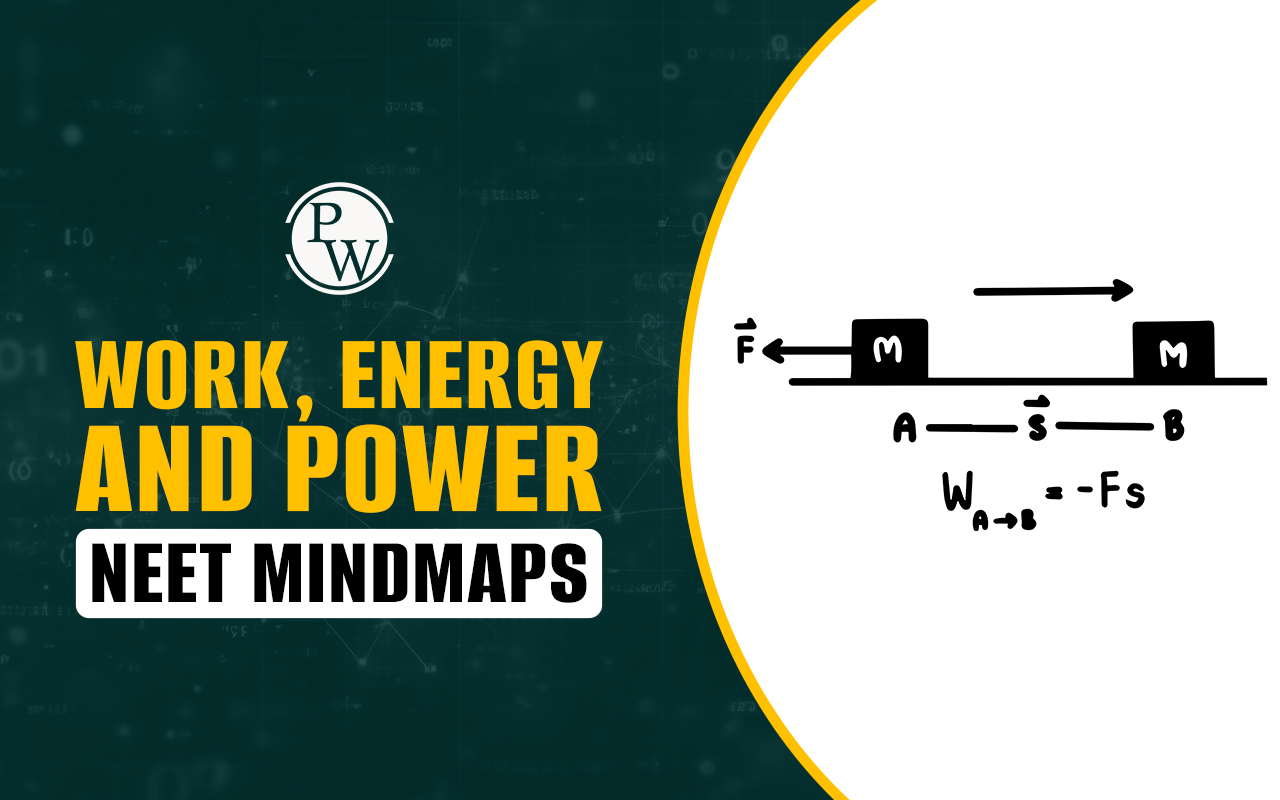
2 year Preparation Strategy to Crack NEET 2027 Exam: NEET is one of the most important exams for students who want to become doctors. If you are in Class 11 right now and aiming for NEET 2027, this is the right time to start preparing. A 2 year plan will help you cover all topics in depth, practice well, and stay confident before the exam. Many students make the mistake of starting late or not following a structured plan, which leads to confusion and poor performance. To avoid this, you need a clear strategy that covers all subjects properly.
In this guide, we will talk about how to study smartly, manage time, and avoid common mistakes. We will also discuss how online coaching can help and answer common questions students have about NEET 2027 preparation.

2 Year Preparation Strategy to Crack NEET 2027 Exam Overview
NEET consists of three main subjects – Physics, Chemistry, and Biology. Each subject carries significant weight in the exam, so a balanced study plan is essential. Since you have two years to prepare, breaking the NEET syllabus into small, manageable sections will help you stay on track. Many students make the mistake of focusing only on Class 12 topics, thinking they are more important. However, a strong foundation in Class 11 concepts is necessary to understand Class 12 topics better. Following a well structured strategy will help you build a strong conceptual base and improve your performance in NEET 2027.
2 Year Preparation Strategy to Crack NEET 2027 Exam - Strategies
Cracking NEET 2027 requires a well-structured study plan, disciplined execution, and consistent practice. A two-year preparation strategy ensures ample time to master concepts, practice extensively, and revise effectively. Below is a detailed strategy to help aspirants prepare systematically.
Year 1: Foundation Building (April 2025 - February 2026)
The first year of NEET preparation focuses on building a strong conceptual foundation by thoroughly covering the Class 11 syllabus. This phase is crucial for understanding fundamental topics, strengthening problem-solving skills, and developing a disciplined study routine to ensure a smooth transition into the second year of preparation.
Phase 1: Understanding the Syllabus & Planning (April - May 2025)
The first step in NEET preparation is understanding the NEET syllabus in-depth. Begin by categorizing topics into Physics, Chemistry, and Biology, identifying the weightage of each chapter. Set realistic goals to complete the Class 11 syllabus within the first year, ensuring a strong conceptual foundation.
A structured study plan is essential—allocate time efficiently to balance school, coaching, and self-study. Gather resources such as NCERT textbooks, reference books, and online study materials. Before diving into problem-solving, focus on building conceptual clarity to ensure seamless learning in advanced topics.
Phase 2: Subject-Wise Strategy (June - December 2025)
A subject-wise approach is crucial to mastering NEET concepts.
-
In Biology, NCERT should be the primary focus. Read and revise chapters thoroughly, paying attention to diagrams, tables, and key terminologies.
-
Regular practice of NCERT-based MCQs will reinforce learning. Topics like Genetics, Human Physiology, Ecology, and Biotechnology require special emphasis due to their weightage. Maintaining concise notes will help in quick revisions.
-
In Chemistry, approach each section strategically. Physical Chemistry demands strong numerical skills, which can be developed through consistent practice.
-
Organic Chemistry requires a deep understanding of reaction mechanisms, conversions, and name reactions.
-
Inorganic Chemistry is mastered by memorizing periodic trends and properties using mnemonics and concise summaries.
-
Physics, often considered the toughest subject, requires a step-by-step approach. Begin with conceptual clarity before moving on to numerical problem-solving. Topics like Mechanics, Thermodynamics, and Electrodynamics should be covered thoroughly.
-
Problem-solving techniques should be developed by solving previous years’ NEET questions, which help in familiarizing with the exam pattern.
Phase 3: First Year Revision & Test Practice (January - February 2026)
-
With the Class 11 syllabus covered, revision becomes the key focus. Systematically revise all topics to strengthen retention. Solve full-length mock tests to identify weak areas and improve exam temperament.
-
Time management strategies must be refined to complete the paper efficiently. Physics and Chemistry require enhanced problem-solving speed and accuracy. Regular test analysis will ensure continuous improvement before moving on to Class 12 topics.
Year 2: Intensive Preparation & Advanced Practice (March 2026 - April 2027)
The second year of NEET preparation is all about reinforcing concepts, mastering the Class 12 syllabus, and integrating Class 11 topics for a well-rounded understanding. This phase requires intense practice, regular mock tests, and strategic revisions to ensure peak performance in the final exam.
Phase 4: Class 12 Syllabus Completion (March - October 2026)
-
In the second year, the Class 12 syllabus should be covered with the same detailed subject-wise approach as Class 11. The focus should be on NCERT mastery and extensive practice. Begin integrating Class 11 concepts while studying Class 12 topics to ensure continuity in learning.
-
Solving mixed-topic questions will help develop an understanding of concept interlinking. Attending coaching tests actively and clearing doubts immediately will ensure clarity and confidence.
Phase 5: Full Syllabus Revision & Test Series (November 2026 - February 2027)
-
As the syllabus nears completion, shift focus to full-length syllabus revision. This period should involve extensive test-taking, including full-length mock tests under exam conditions.
-
Previous years’ question papers should be solved regularly, with detailed error analysis. By identifying and working on weak areas, overall performance can be significantly improved. Since NCERT forms the base of NEET, special attention should be given to NCERT-based MCQs to strengthen factual learning.
Phase 6: Final Month Revision & Exam Strategy (March - April 2027)
-
In the final stretch, intensive revision should be the priority. Revise notes, formulas, and important concepts daily to reinforce retention.
-
Attempting subject-wise full-length tests every alternate day will help optimize time management and accuracy.
-
Practice under exam conditions to simulate real test scenarios. Lastly, maintaining a stress-free and healthy routine is crucial to staying focused and confident before the exam.
Download Last 5 Years NEET Previous Year Question Papers PDF
Free NEET PYQ PDF
2 Year Preparation Strategy to Crack NEET 2027 Exam Through Online Coaching
Preparing for NEET 2027 requires the right guidance, structured learning, and consistent practice. PW provides a well-organized approach through its dedicated batches and test series, helping aspirants build a strong foundation and improve their performance. With interactive learning, in-depth subject coverage, and mentorship, students can stay ahead in their preparation and gain confidence for the exam.
|
PW’s NEET 2027 Online Courses |
||||
|
Batch Name |
Start Date |
End Date |
Subject Covered |
Special Features |
|
8th April 2025 |
25th Jan 2026 |
Physics, Chemistry, Botany, Zoology |
|
|
|
6th May 2025 |
25th Jan 2026 |
Physics, Chemistry, Botany, Zoology |
|
|
|
1st April 2025 |
30th Nov 2025 |
Physics, Chemistry, Botany, Zoology |
|
|
|
29th April 2025 |
10th Dec 2025 |
Physics, Chemistry, Botany, Zoology |
|
|
|
15th April 2025 |
4th Mar 2026 |
Physics, Chemistry, Botany, Zoology |
|
|
|
15th May 2025 |
10th Mar 2026 |
Physics, Chemistry, Botany, Zoology |
|
|
|
7th April, 2025 |
15th April, 2027 |
Physics, Chemistry, Botany, Zoology |
|
|
|
20th July 2025 |
22nd March 2026 |
Physics, Chemistry, Botany, Zoology |
|
|
Benefits of 2 year Preparation Strategy to Crack NEET 2027 Exam
A well-structured 2-year strategy allows you to build a strong foundation, revise thoroughly, and tackle NEET with confidence. It helps in mastering all subjects, reducing stress, and improving overall performance.
-
Stronger Grip on NCERT Concepts: NEET questions are mostly NCERT-based. With two years, you can thoroughly study Class 11 and 12 NCERT books multiple times, ensuring better retention and understanding.
-
Systematic Subject-Wise Approach: You can dedicate the first year to mastering Class 11 topics like Motion, Thermodynamics, Chemical Bonding, and Human Physiology, and the second year to Class 12 topics like Electromagnetic Waves, Coordination Compounds, and Genetics.
-
More Time for Solving Previous Year Papers: Two years allow you to solve at least 10–15 years of NEET papers slowly and understand question patterns, improving problem-solving skills.
-
Regular Full-Length Mock Tests: Instead of rushing into mock tests in the last few months, you can start attempting subject-wise tests in the first year and gradually shift to full-length tests in the second year. This builds confidence and exam stamina.
-
Better Accuracy in Organic Chemistry & Physics Calculations: Many students struggle with organic reaction mechanisms and physics numericals. A 2-year plan allows enough time to practice organic conversions and master tricky calculations without last-minute stress.
-
Less Burden Before Boards: Since you will have completed most of your NEET syllabus by early Class 12, you can focus on board exams without neglecting NEET revision, ensuring a balanced approach.
-
Improved Memory Retention for Biology Diagrams & Facts: Biology requires memorization of diagrams, scientific names, and processes. With a 2-year plan, you can use techniques like flashcards and active recall to retain information effectively.
-
More Time for Doubt Solving & Weak Area Improvement: If you struggle with concepts like Rotational Motion, Electrochemistry, or Molecular Biology, you have enough time to revisit them multiple times, unlike last-minute cramming.
-
Higher Probability of Scoring 700+: Since you will have revised the syllabus multiple times, solved enough questions, and practiced mocks under timed conditions, your chances of scoring above 700 increase significantly.
Prepare for NEET with PhysicsWallah's NEET online coaching. Learn through easy-to-understand lessons and get help whenever you need it.
2 Year Preparation Strategy to Crack NEET 2027 Exam FAQs
Is NEET 2027 easy?
Are 2 years enough for NEET preparation?
How to get 700+ in NEET 2025?
What is the age limit for NEET 2027?
What is the syllabus of the NEET 2027 exam?













